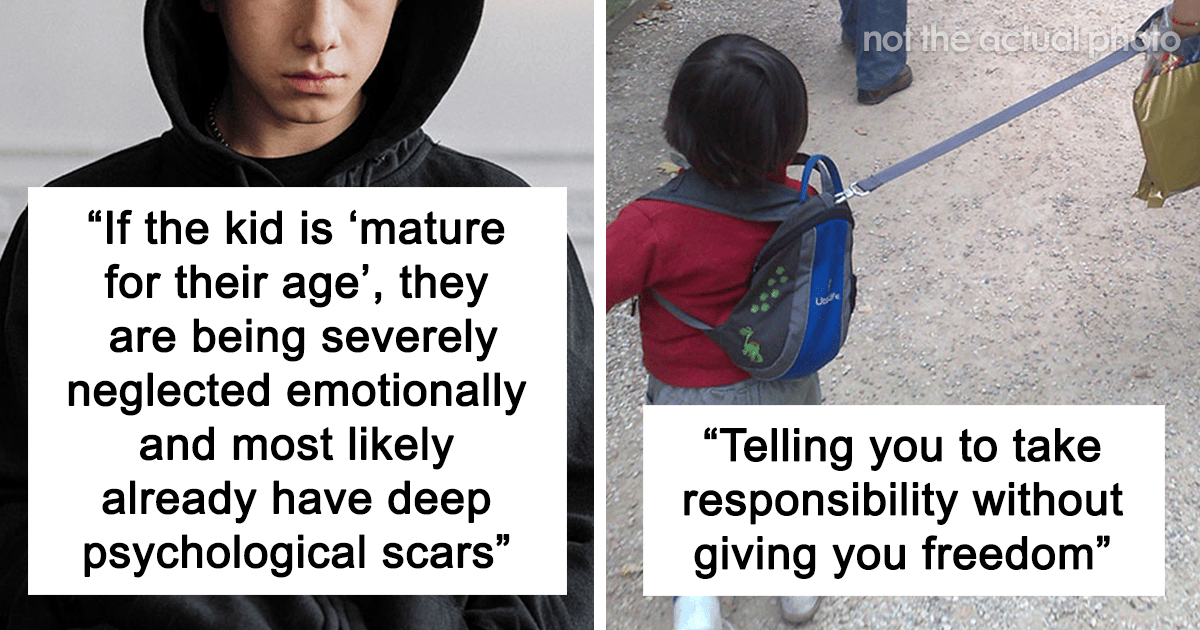Although there is no such thing as the ideal parent, there are some who get quite close. Unfortunately, there are toxic parents that are the exact opposite.
The long-term effects of toxic parenting on a child’s self-esteem and even the development of mental health problems later in life are well known.
As a result, the question “What is an indication of toxic parenting?” on Ask Reddit was bound to become an insightful read about how people may identify if their parenting strategies do more harm than good.
Scroll down to see a summary of some of the most intriguing and thought-provoking replies. Please share your thoughts on the telltale indicators of poor parenting in the section below.

1.
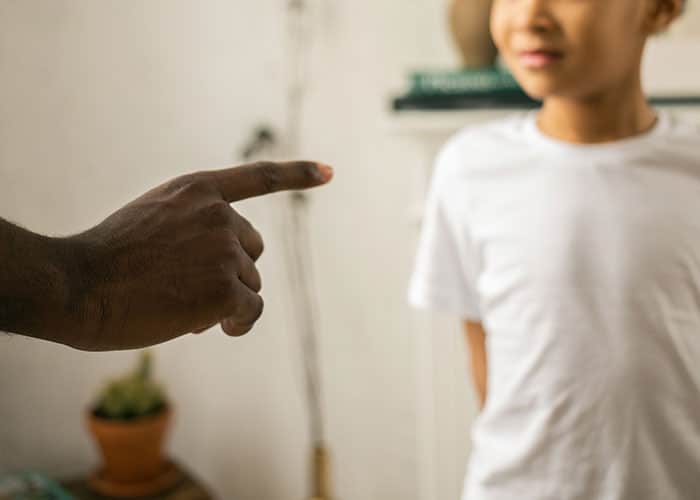
Never allowing the child to have their say since they always think they’re right because they’re the adult.
2.
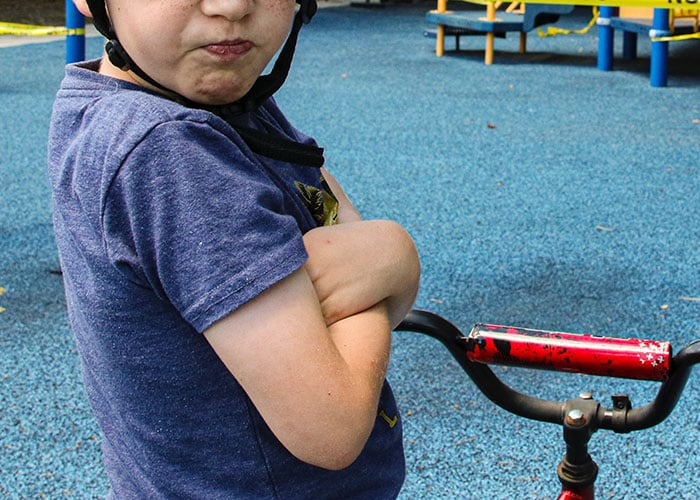
When they consistently discount your emotions.
3.
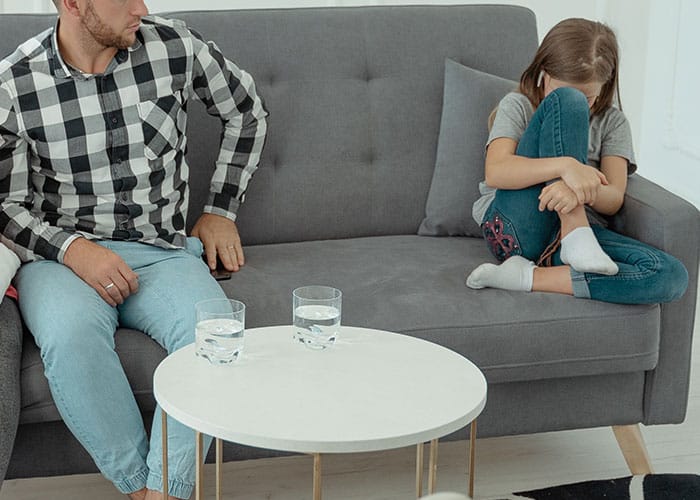
Children who believe they can never do anything well or that they are incapable of doing anything. They have heard from their parents that they are useless or foolish so frequently that they have come to believe it.
Every family is unique, so there is no universal definition of what toxic parenting looks like. Attempting to dominate every facet of your life; continually comparing you to others or to their own expectations; being emotionally abusive; using guilt to manipulate you, and many other behaviors are examples of common warning signs that your parents may be toxic.
In certain severe situations, parents that are overbearing take control of their kids’ lives and can be quite damaging. We chatted with Anisa Lewis, the Positive Parenting Coach, to learn more about the specific ways that overbearing parents may change their children’s lives and the kind of influence they have on them.
4.

Getting scolded for mistakes all the time and not being allowed to make them
5.

You never teach your children anything, only criticize them and say things like, “I told you so” and “because I said so.”
Lewis contends that parents should always aim to give their kids a strong foundation and strong morals, “knowing the long-term aim is that they can be confident, independent, and functioning members of society,” she said, adding that obviously there are a lot of factors that go into this and every child and young adult as well as family is different.
Lewis responded that there may be a variety of causes for why some parents have such tight control over their children. She told us: “it could be their own upbringing and they are simply repeating the parenting that they received.” Moreover, “it could be cultural or an experience that they have had that has negatively affected them.”
6.
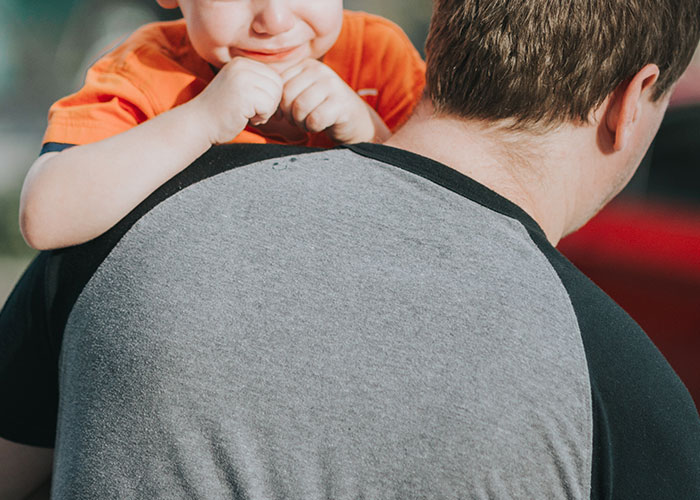
Unable to accept responsibility, establish and uphold standards they don’t adhere to.
7.
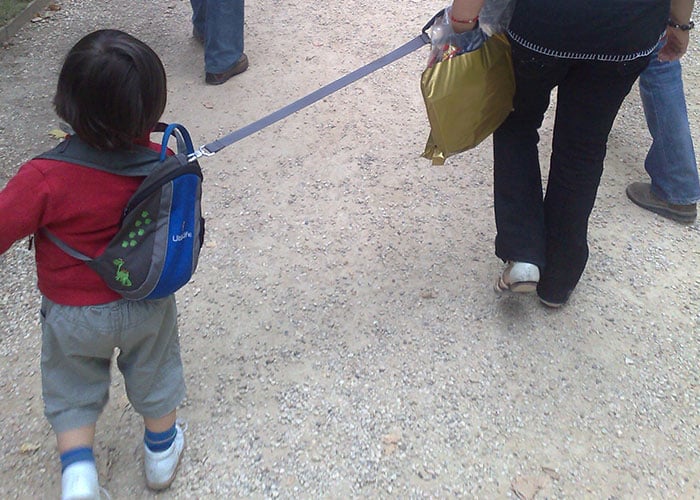
Telling you to be accountable without allowing you any flexibility. Being responsible requires having the freedom to make the incorrect decision but yet opting to go with your gut.
8.

Your kids will plead for your pardon after being made to feel guilty.
“I bet you wish I was dead”, “Nothing I do is ever good enough for you”, etc.
Furthermore, worried or poor confidence (or self-esteem) parents are more likely to be themselves. “They can tend to, possibly by default, control what they can to keep themselves safe and thus part of this is the lives of their children,” Lewis explained.
9.
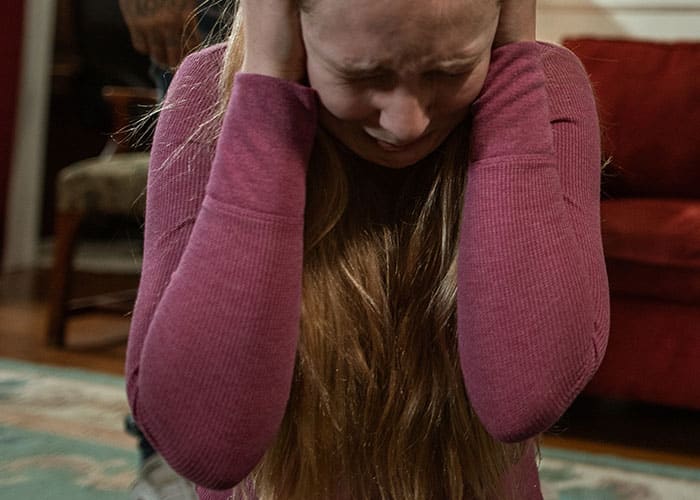
Any type of beating while referred to it as “discipline” is actually abuse, which traumatizes your children. I know this since I was reared using violence, therefore guess who I cut out of my life.
10.

Claiming that you understand your children’s minds better than they do. declaring what they feel, believe, experience, and intend. belittled or treated with contempt when they attempt to speak for themselves.
Considering your child to be an extension of you or an exact replica of you, or “twinning,” and flaunting this to others.
Ignoring or not acknowledging their feelings.
Blaming their kids for their normal responses to their behavior as parents. A comparable dynamic He tries to clean the mirror after seeing his grimy visage in the mirror.
Living with toxic parents is an extremely challenging condition for a youngster of any age. Children may feel that they are always on edge and that nothing they do is ever good enough. They probably live in constant yelling and criticism, which may change how they feel about their houses, safe, and comfort.
11.
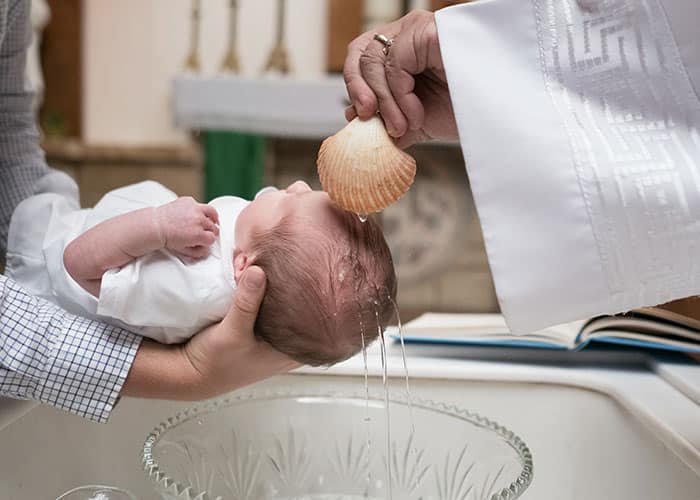
Parents that attempt to impose their particular customs and views on their children. It’s possible that your daughter doesn’t want to wear dresses every day. Then what? Perhaps your youngster isn’t interested in filling your shoes as a doctor. Okay… So?
For instance, despite the fact that my parents are incredibly devout and that everything they do revolves around religion and worshipping God, the irony is that they are also extremely violent, verbally abusive, mentally unbalanced, and emotionally abusive. Don’t impose your religious views on your kids. expand their horizons. Show them what is available. And let them to decide for themselves. If they’re not doing it *your* way, don’t yell at them or hit them.
12.
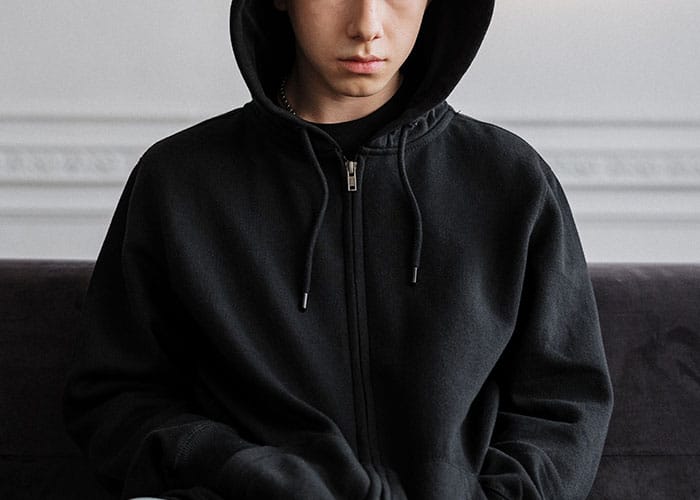
The child is being severely mistreated emotionally and most likely already has significant psychological wounds if they are “advanced for their age.”
At the same time, it is crucial for children of toxic parents to try to develop solutions to deal with this circumstance. One option is to surround yourself with encouraging people and engage in activities that make you happy and confident in yourself. However, in some circumstances, getting professional assistance is the only option. If a youngster believes they are no longer able to handle the issue, it is essential to take action right away rather than waiting.
13.
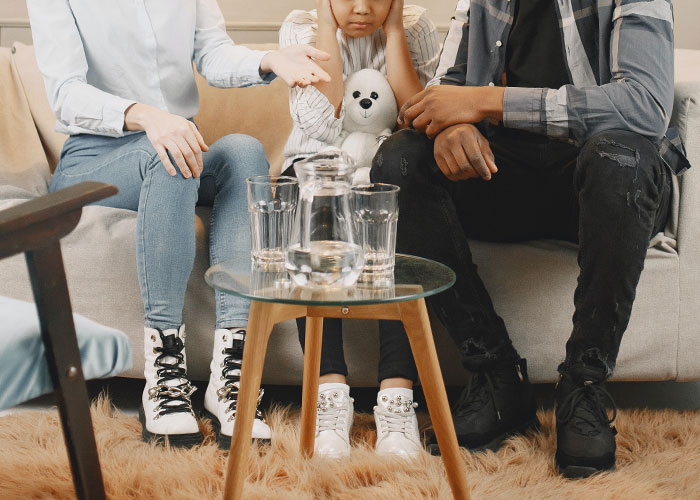
Gaslighting and emotional manipulation.
14.

Continuous criticism of decisions
15.

Directing your child to do something, then losing your cool when they perform it incorrectly.
Once, after making me fold my mother’s clothing, she became irate with me because one of her shirts was inside out.
Now, every time I fold laundry, I consider that.


